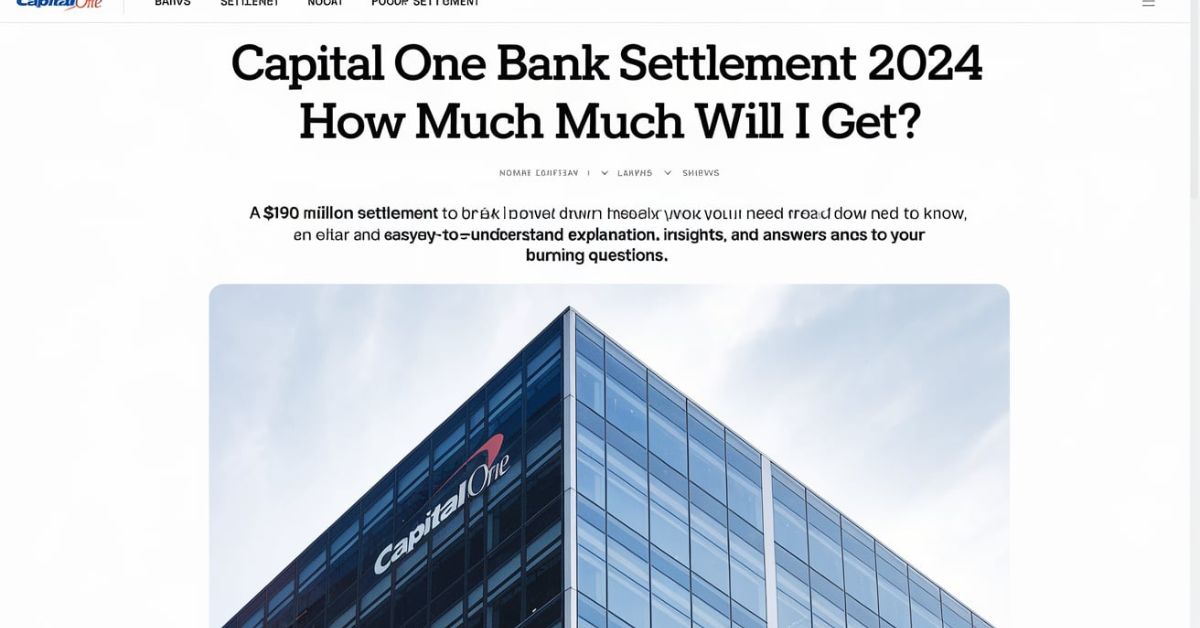Lawsuit for Public Salaries in Massachusetts: Understanding the Legal Landscape

The issue of public salaries in Massachusetts has garnered significant attention in recent years, especially with the rising number of lawsuits aimed at increasing transparency around public employee compensation. The lawsuit for public salaries in Massachusetts is not just a legal matter; it strikes at the heart of accountability and transparency in government. This article will explore the intricacies of these lawsuits, their implications for taxpayers and public employees, and the broader conversation about transparency in public service.
What Are Public Salaries?
Public salaries refer to the compensation that government employees receive for their work. This includes salaries for teachers, police officers, city officials, and any other employees funded by taxpayer dollars. Given that these salaries are funded by public money, many believe that taxpayers have the right to know how much their public servants earn.
Why Does Salary Transparency Matter?
Transparency in public salaries plays a crucial role in maintaining a healthy democracy. It brings to light several key issues:
- Accountability: Transparency in public salaries helps ensure that government employees are held accountable for their performance. When salaries are publicly accessible, it allows citizens to assess whether their public officials are being compensated fairly for their work.
- Fairness: Public salary data can help identify any disparities in pay based on race, gender, or other factors. It promotes fairness and equality in compensation practices. By knowing salary ranges, citizens can advocate for equal pay and push for adjustments in pay structures that may disproportionately favor one group over another.
- Informed Citizenry: When citizens have access to salary information, they can make more informed decisions during elections and hold their leaders accountable. For example, if a public official’s salary is significantly higher than their peers, voters might question the justification for that compensation and evaluate their effectiveness in office.
- Public Trust: Transparency builds trust between the government and its citizens. When public salaries are openly shared, it fosters a sense of fairness and integrity in governance. People feel more confident in their leaders when they know they are not being overcompensated at the expense of public welfare.
- Budget Scrutiny: Public salary information allows citizens to scrutinize government budgets more effectively. By understanding how much money goes into public salaries, taxpayers can assess the allocation of resources and advocate for better spending practices.
The Legal Framework Surrounding Public Salaries in Massachusetts
Massachusetts Public Records Law
Massachusetts has a robust public records law designed to provide transparency regarding government operations. Under this law, most records maintained by state and local government entities are considered public, including salary records. However, there are exceptions, and certain records may be withheld under specific circumstances.
Key Aspects of the Law
- Broad Access: The law allows citizens to request a wide range of public documents, including employment contracts, payroll information, and records related to employee performance.
- Response Time: Government agencies must respond to public records requests within a specific timeframe. If they deny a request, they must provide a justification.
- Right to Appeal: Citizens have the right to appeal if their request is denied. This ensures there is a mechanism for challenging non-compliance with the law.
Exemptions and Challenges
While the Massachusetts Public Records Law aims to ensure transparency, certain exemptions exist that can complicate matters:
- Privacy Concerns: Some public employees argue that disclosing their salaries violates their right to privacy. This can lead to legal challenges where public employees seek to keep their salary information confidential. Such cases often hinge on interpreting what constitutes reasonable privacy in the public sector.
- Negotiated Contracts: In some cases, salary information may be part of collective bargaining agreements, which can limit the public’s access to this data. Unions often negotiate contracts that include confidentiality clauses, creating a challenge for transparency advocates.
- Defining Public Interest: The public interest in disclosing salary information can be subjective. What one group sees as a matter of public interest, another may view as an infringement on privacy. Courts must navigate these competing interests when deciding on public records cases.
Recent Lawsuits
Recent lawsuits related to public salaries in Massachusetts have focused on the need for transparency. These cases often center around requests for salary information that have been denied by government entities.
Case Studies
- Town of Wayland Lawsuit: In this case, residents of Wayland filed a lawsuit against the town for refusing to disclose salary information for public employees. The residents argued that transparency is essential for holding government accountable. The case highlighted the community’s desire to understand how taxpayer money is spent and whether salaries align with the town’s financial health.
- Boston Police Department Case: The Boston Police Department faced legal challenges when citizens requested salary information for officers. The department initially withheld this data, claiming it was confidential. However, a court ruled that the public had the right to access this information. This case set a precedent, emphasizing the importance of transparency in law enforcement salaries and the need for accountability within the police force.
- Massachusetts Teachers Association Lawsuit: In a landmark case, the Massachusetts Teachers Association filed a lawsuit against several school districts for not disclosing salary schedules. The association argued that access to salary data was crucial for teachers to understand their pay scales and advocate for fair compensation. This lawsuit raised questions about the fairness of salary distribution within the education sector.
Implications of the Lawsuits
The lawsuit for public salaries in Massachusetts has broader implications beyond just the cases themselves. They highlight several key issues:
- Public Trust: When governments are open about salaries, it fosters trust between officials and citizens. Lack of transparency can lead to distrust and skepticism about government operations. Trust is critical for effective governance, and transparency initiatives can help rebuild this trust when it has been eroded.
- Policy Changes: Legal challenges can result in policy changes regarding how salary information is handled, potentially leading to new laws that enhance transparency. For example, some states have enacted laws mandating the publication of salary data for public employees, influenced by legal outcomes in transparency lawsuits.
- Public Engagement: Increased awareness of salary issues can spur greater public engagement and advocacy for transparent government practices. Community organizations and advocacy groups often rally around these cases, using them as a platform to discuss broader issues of equity and accountability in public service.
- Impact on Recruitment and Retention: Transparency about salaries can also affect recruitment and retention of public employees. When salary information is readily available, potential hires can better assess whether the compensation aligns with their expectations and needs. This transparency can help governments attract top talent.
- Increased Scrutiny of Spending: As salary information becomes more accessible, taxpayers can scrutinize government spending more closely. This leads to more informed debates about budgets, funding priorities, and the efficiency of government operations.
The Role of Technology in Accessing Salary Information
With the rise of technology, accessing public salary information has become easier. Many cities and towns in Massachusetts have adopted online databases that allow residents to view public employee salaries. These resources promote transparency and make it easier for citizens to hold their officials accountable.
Online Salary Databases
- Massachusetts State Government: The state maintains an online portal where residents can access salary information for various public employees, making it easier to analyze compensation trends. The portal includes detailed salary breakdowns, allowing users to filter information by job title, department, and geographic location.
- Local Government Websites: Many local governments have developed their own online salary databases, providing residents with easy access to information about public employee compensation. These websites often include interactive features that allow users to visualize salary trends over time.
- Public Advocacy Groups: Nonprofit organizations and advocacy groups have also developed tools to help residents access and analyze salary data. These platforms often offer educational resources on understanding salary data and its implications for public policy.
The Future of Salary Transparency
As technology continues to evolve, it is likely that more public salary data will become available. This could lead to even greater transparency and accountability in government operations. Additionally, as public awareness of these issues grows, there may be increased pressure on government entities to adopt more transparent practices.
- Data Visualization Tools: The use of data visualization tools can help citizens better understand salary trends and disparities. These tools can highlight inequities in compensation and drive discussions around fair pay.
- Social Media Advocacy: Social media platforms can amplify public discussions about salary transparency, allowing residents to share information, organize campaigns, and advocate for changes in public policy.
- Legislative Changes: Ongoing discussions about transparency may lead to legislative changes at the state level, potentially mandating more comprehensive reporting of public salaries and other compensation data.
Conclusion
The lawsuit for public salaries in Massachusetts underscores the ongoing struggle for transparency in government. As citizens advocate for their right to access public salary information, it is crucial to balance privacy concerns with the need for accountability. The legal landscape is continually evolving, and as more cases arise, the discussion around public salaries will remain a vital part of the conversation about good governance.
In conclusion, the pursuit of transparency in public salaries is essential for fostering accountability, equity, and trust in government. As more citizens become informed about their rights to access this information, we can expect to see continued advocacy for transparency in public sector compensation.
Related FAQs
- What is the Massachusetts Public Records Law?
The Massachusetts Public Records Law is a law that grants the public the right to access records maintained by state and local government entities, including salary information. - Why do some public employees want to keep their salaries private?
Some public employees argue that disclosing their salaries violates their right to privacy and could lead to negative consequences, such as harassment or unfair judgment. - How can citizens access public salary information in Massachusetts?
Citizens can access public salary information through various online portals maintained by state and local governments, or by submitting public records requests under the Massachusetts Public Records Law. - What are the potential consequences of lack of transparency in public salaries?
Lack of transparency can lead to distrust in government, disparities in compensation, and a decrease in public engagement and accountability. - Are there any exceptions to the Massachusetts Public Records Law?
Yes, there are certain exemptions that allow government entities to withhold records, including privacy concerns and negotiated contracts.










